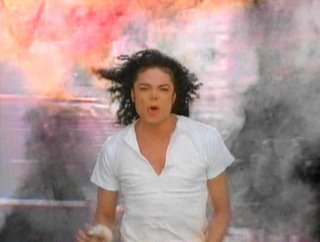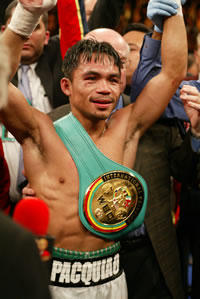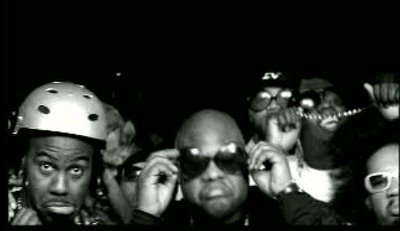
Fuck Mark Ecko's
"Getting Up", it's all about the video game adaptation of the film "Warriors." Although I have yet to play Mark Ecko's game, thereby invalidating my comment about it, "Warriors" is about as hip hop as a video game can get. I have been wanting to pick this game up ever since I knew that they were going to make a video game for the classic film, but I finally recieved it in the form of a Christmas present. After playing the game nearly non stop for about a week, I'll have to give major shout outs to Rockstar for delivering yet another instant classic video game. I know that there lies many problematic issues with the game itself, with copious amounts of negative images of violence, drugs, and a glamourized portrayal of crime, but that aside, the video game encapsulates much of the grittiness and territoriality of the 1970's street gang. The essence of "Warriors" with the gang warfare depicted in the film/game and the attempted gang unity by Cyrus can be traced back to a lot of hip hop's roots with the rivaling gangs of the Bronx. Jeff Chang details much of the actual events that inspired much of the film in a chapter of his book,
"Can't Stop Won't Stop: A History of the Hip Hop Generation" titled "Blood and Fire, with Occasional Music: The Gangs of the Bronx." Risisng out of conditions greatly affected by politics of abandonment in the South Bronx, the street gangs unified to maintain street rep and to ensure safety within their own turfs. Attempts at gang peace treaty's, such as was attempted by Cyrus in the film, occurred and acheived some positive results. The average gaming nerd and movie watcher would likely dismiss much of the events in "Warriors" to be purely fictional, but as with most fictional stories, elements usually are pulled from actual events. The 1970's street gangs and their response to dilapidated conditions in the South Bronx helped build and create the atmosphere by which hip hop would be built around, and the "Warriors" is a fictional depiction of this environment. While no direct messages are conveyed in the video game, images of graffiti pieces by Cap, Seen, Dondi, and others shows the player historical art pieces. Missions in the game direct the player to bomb and paint over rival gangs pieces, and another mission also calls on the player to participate in a graffiti show down hosted by a fictional legend named Scopes, whose voice happens to be that of Fab Five Freddy. The elements of graffiti illustrate the rising importance of marking territories through artistic expression. If anything, along with the purchase of the video game should be an information
(such as these intervies with the Ghetto Brothers) that elaborate on the New York street gangs of the 1970's. But until then, pop in the video game and go on a hip hop history lesson back to 1979.





